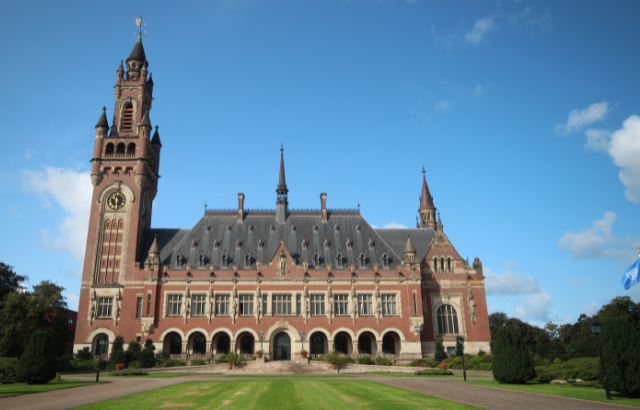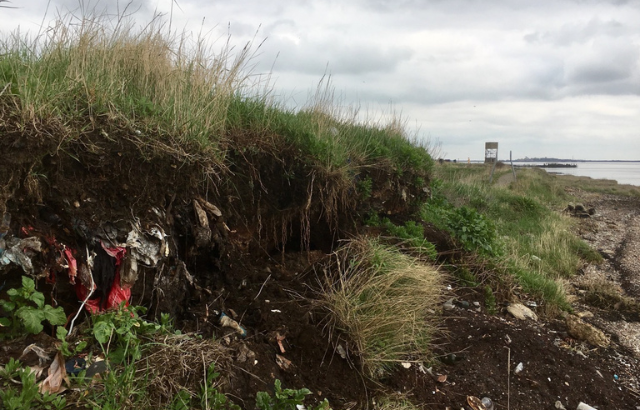
© Greg Constantine
The book, launched as part of the QMUL International State Crime Initiative’s Rohingya Week, is based on a 10-year exploration of stateless people in twelve countries.
According to Greg: “The book is about discrimination, intolerance, and the silence of the international community in the face of appalling human rights violations. The images at the heart of the book are an attempt to give silenced people a dignified platform, an identity, and a name.”
He added: “The people in the book are – in the context of the state and their rights – functionally invisible, belonging to no country and recognised by no government.”
Nowhere People challenges questions of identity and takes a critical look at the power of the sovereign State as the “caregiver of rights”.
According to Professor Penny Green, Director of QMUL’s International State Crime Initiative: “It is a privilege to be associated with Greg and the incredible work documented in Nowhere People. The book is a testament to the power of imagery in communicating the plight of the voiceless, and the millions of people – from Myanmar, to Serbia, to Nepal – who are denied their basic fundamental rights.”
Greg Constantine is an award-winning documentary photojournalist from the United States. His work has been featured in the New York Times, International Herald Tribune, Newsweek, the New Republic, The Atlantic, CNN, and The Wall Street Journal. Exhibitions of his work have been shown in more than 20 countries.
He has received distinguished visiting fellowships from Queen Mary University of London and Oxford Bookes University.
- More information about Greg’s work and Nowhere People is available here.



